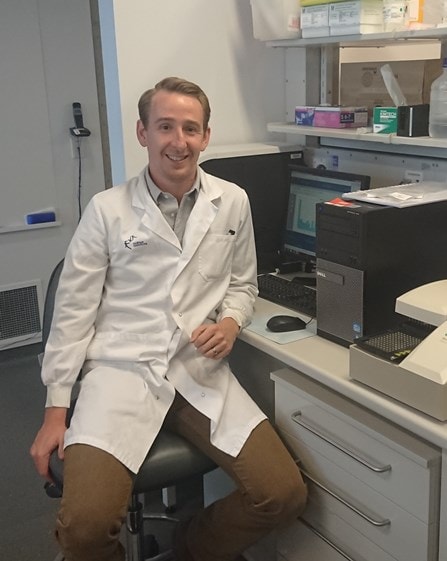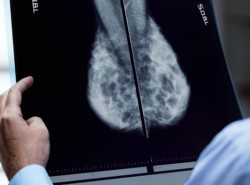
Expanding treatments for aggressive triple negative breast cancer
Published: 10/7/19 11:23 PM

David Croucher
Triple negative breast cancer is an aggressive subtype of breast cancer. It has a 60% 5-year survival rate, the worst of all breast cancer subtypes. To date there are no clinically approved, targeted therapies for triple negative breast cancer, with chemotherapy being the current standard-of-care. Furthermore, around 40% of these cancers will relapse following chemotherapy. Hence there is a need to develop more effective drugs for this subtype of breast cancer
The laboratory of NBCF-funded Dr David Croucher uses advanced experimental and mathematical techniques to study a protein called ‘JNK’, which promotes aggressive growth and invasion of triple negative breast cancer. However, JNK is also responsible for suppressing the growth of tumours in other tissues. Because of these opposing roles there are currently no clinically effective JNK-targeting drugs, despite its prominence in triple negative breast cancer.
Dr Croucher and his colleagues have previously shown that the opposing roles of JNK, promoting or suppressing tumour growth, is due to its ability to associate with specific proteins. This study aims to specifically target the proteins that promote the tumour growth action of JNK in triple negative breast cancer, without affecting the tumour suppressive roles of JNK. He has also developed a unique technology that can identify the specific proteins that hold JNK in place and thereby direct its function to target triple negative breast cancer.
This new approach will help to identify much needed, new drug targets for triple negative breast cancer, leading to better survival rates and quality of life for triple negative breast cancer patients.
